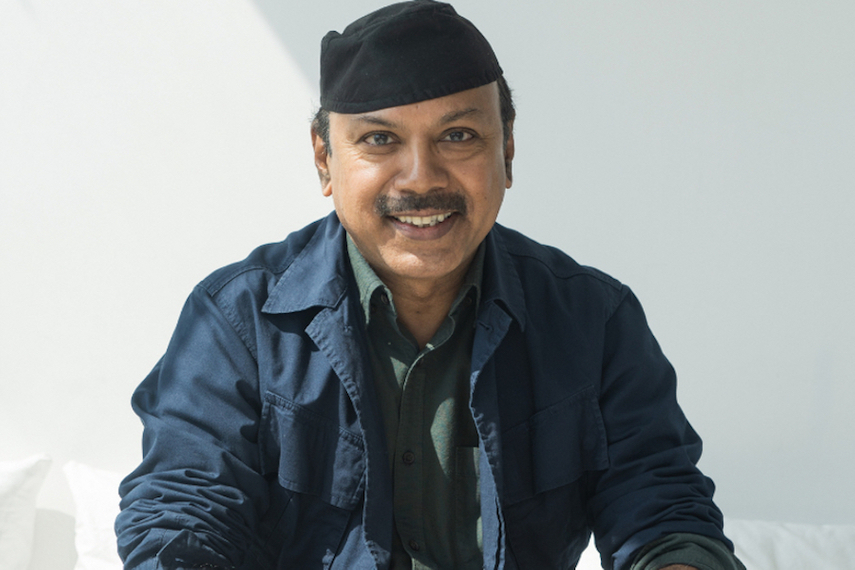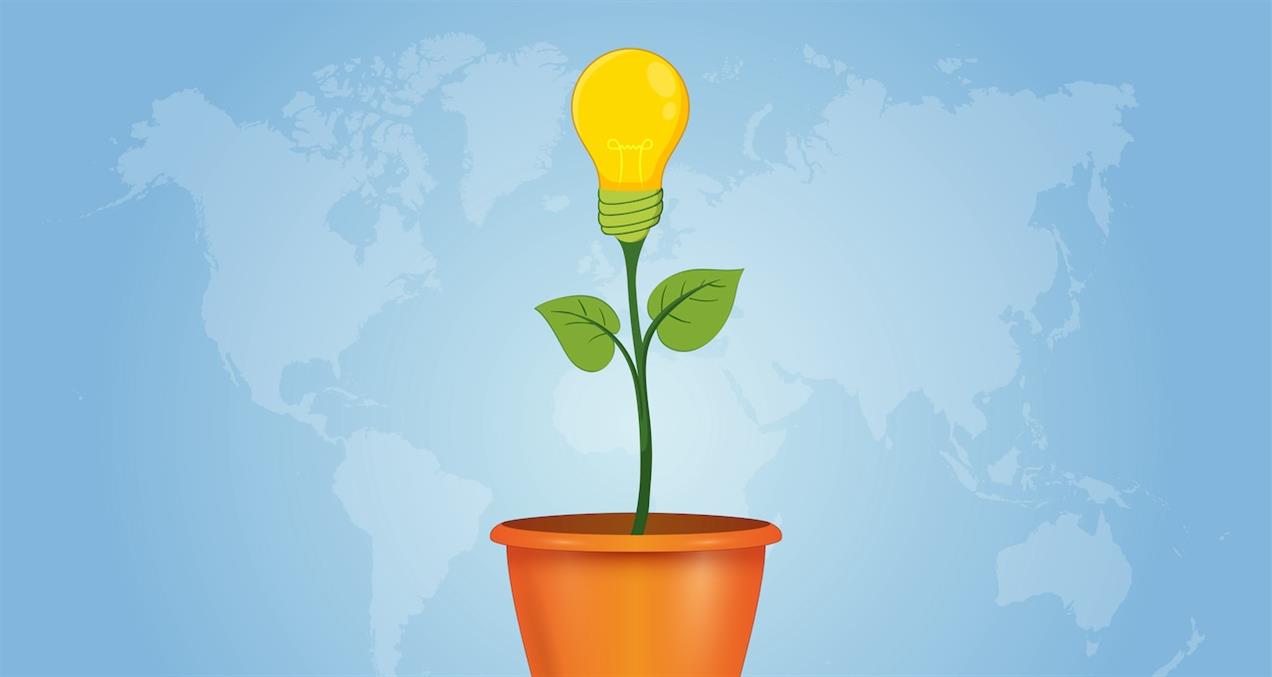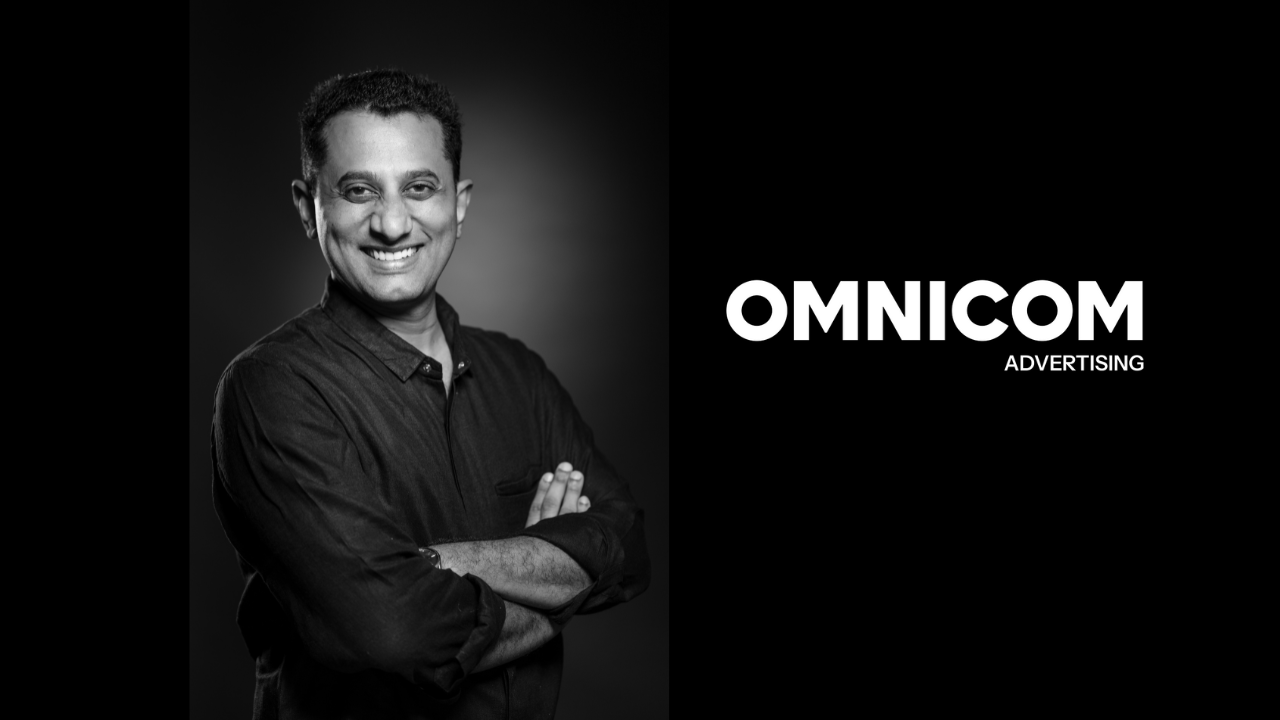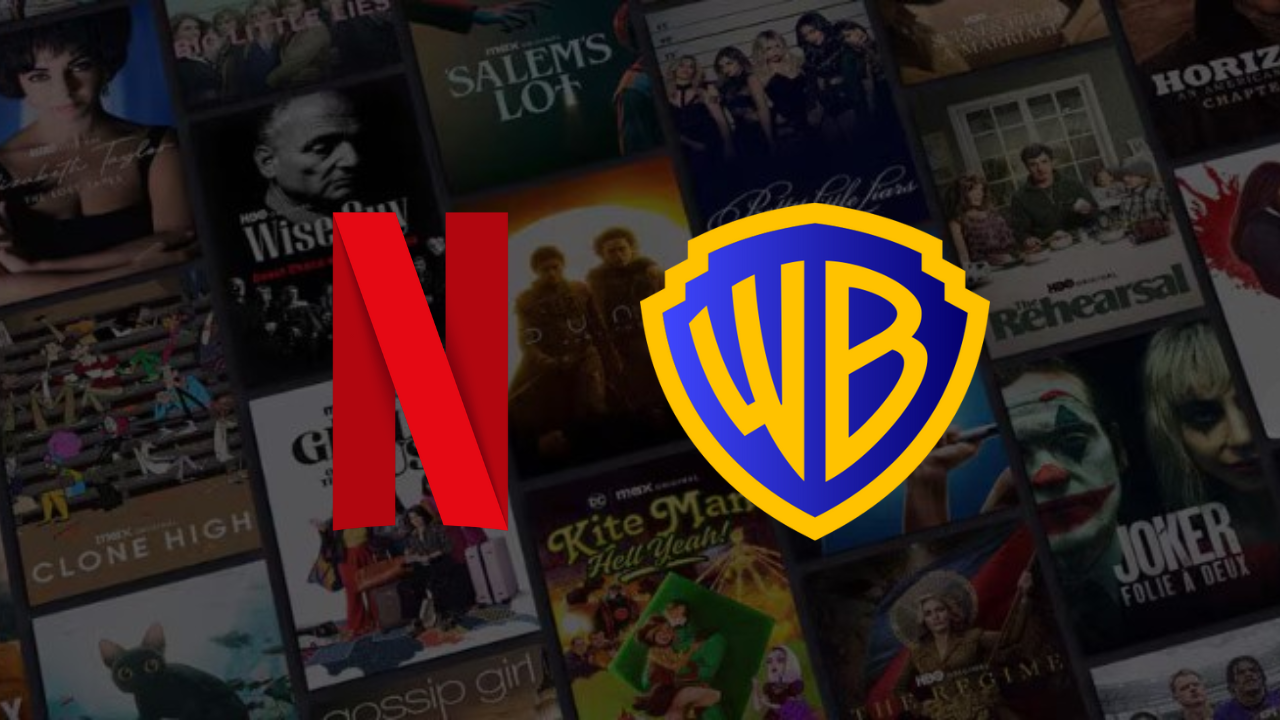Few names in Indian advertising wield as much influence as Josy Paul. He has been a regular feature at Cannes Lions, thanks to his role as chairperson and chief creative officer at BBDO India. He has long championed ideas that are bold, emotional, and deeply rooted in the Indian ethos.
Paul started his career by setting up an agency, David, in 2000 and also served as the national creative director of JWT. In 2008, he launched BBDO India from his car’s backseat and went on to be ranked among the 10 most influential people in Indian advertising, according to a survey conducted by The Economic Times.
Now, he steps into the role of co-curator at Cannes Homecoming—an initiative by Campaign India to celebrate and learn from the success of Indian creatives at Cannes Lions 2025. This initiative is co-powered by Truecaller, with Mercedes as the Luxury Partner, Pernod Ricard as Conviviality Partner, NCPA as the Venue Partner and tgthr. As Concept Partner.
Cannes Homecoming is not merely a meditation on how to win big on a global stage where creative excellence is celebrated, but looks to go beyond trophies towards recognition, reflection, and reinvention. The platform aims to bring the industry together under one roof to honour its champions, reveal behind-the-scene insights, and inspire the next generation of creative leaders. And who better to help shape that vision than Paul, whose work has consistently pushed the envelope of creativity with purpose?
We caught up with Paul for a conversation in which he shared what Cannes means to him, why India needed Homecoming, and what it will take for Indian creativity to not just win abroad but inspire at home.
What drew you to this initiative, and what does it personally mean to you?
Cannes Homecoming is a long-overdue hug to the Indian creative community. The idea came from Vinita Bhatia, Ashish Bhushan, and Rohit Nair of Campaign India. What drew me in was the thought that Indian creativity needs a homecoming, not just on a global stage, but as a local embrace.
Personally, it’s a way of saying ‘thank you’ to the ecosystem that shaped us, challenged us, and continues to believe in the power of ideas. It’s about turning inspiration into conversation, and conversation into action.
Why do you think there is no fanfare around Cannes winners? What gap is Cannes Homecoming filling in our creative ecosystem?
We are too quick to move on in India, even from our greatest wins. Maybe, it’s the hunger to keep chasing the next (big thing). But somewhere, we forget to pause and truly celebrate our achievements. Cannes Homecoming fills that gap; it gives our wins the space they rightly deserve. It honours the sweat, the late nights, the belief against all odds. It tells young creatives: look, this is possible. It happened here with people like you.
The idea of bringing entire teams on stage, not just agency heads, is powerful. What was the thinking behind that?
The magic is in the many. Great ideas don’t rise alone. They come from friction, from collective brainstorms, and deep soul-storming sessions from silent contributors who never take the mic. The idea is to show everyone matters by putting entire teams on stage. Behind every metal is a mosaic of minds. There is no hierarchy, only opportunity.
Cannes Homecoming is slated to be a celebration and learning experience. How do you see these two elements shaping the future of Indian advertising?
Celebration gives us pride; learning gives us wings. Together, they create momentum. When you see someone like you win, and then hear how they did it, you stop dreaming in vague terms. You begin to believe it’s real. Cannes Homecoming is where the next wave quietly begins.
You’ve been a consistent presence at Cannes. How has India’s performance evolved over the years at the festival?
India has grown from the fringes to the front row. From being excited by a shortlist to expecting a Grand Prix. But more than the metal, it’s the mindset that has changed. There is more confidence. We are no longer mimicking the West; we are bringing India to the world—unapologetically.
There is always a debate about whether we should chase global validation or focus inward. What is your take on the role of global festivals like Cannes in India’s creative growth?
It’s not either-or; it’s both-and. When we focus inward, we find our truth. When we share it outward, we find our impact. Cannes Lions gives us a mirror and a megaphone. It challenges us to hold our own in a global arena while staying rooted in our realities.
What do international juries value most in today’s Cannes-winning work, and how does India match up to that?
They value authenticity, boldness, and relevance. They are looking for ideas that are deeply human and fearlessly executed. India matches up when we stop second-guessing and start trusting our unique voice. The more local we get, the more universal we become because the local is the universal.
India is making its mark on the global stage, but what more do we need to do to become a true creative superpower?
We need to invest more in belief, in brave briefs. We need to make space for madness—the irrational, unstructured spark—that often leads to magic. We need to believe that ideas have no geography or hierarchy, that world-class creativity can come from a chai shop insight, a WhatsApp conversation, or a mother’s advice. We need to believe that anything is possible. We need to be six-year-olds again!
Do you think Indian brands are taking enough creative risks? If not, what is holding them back?
Some are; many aren’t. What holds us back isn’t a lack of talent or ideas; it is fear.
Playing it safe rarely stirs emotion or builds lasting relevance. The brands that stand out today aren’t necessarily the loudest, but the ones that are bold, human, and truthful. The world doesn’t reward perfection; it rewards courage.
What would ‘success’ look like for you, not just in terms of the event, but its legacy in the years to come?
Success is when a young writer watches a team on stage and quietly decides, one day, that will be me. It’s when a client walks away not with a checklist, but with a spark, and says, ‘Next year, let’s go all in’.
True legacy is cultural, not logistical. It is when we no longer seek validation from outside, because we have built something so original, so electric, it feels like home. Not a return, but a rising.




